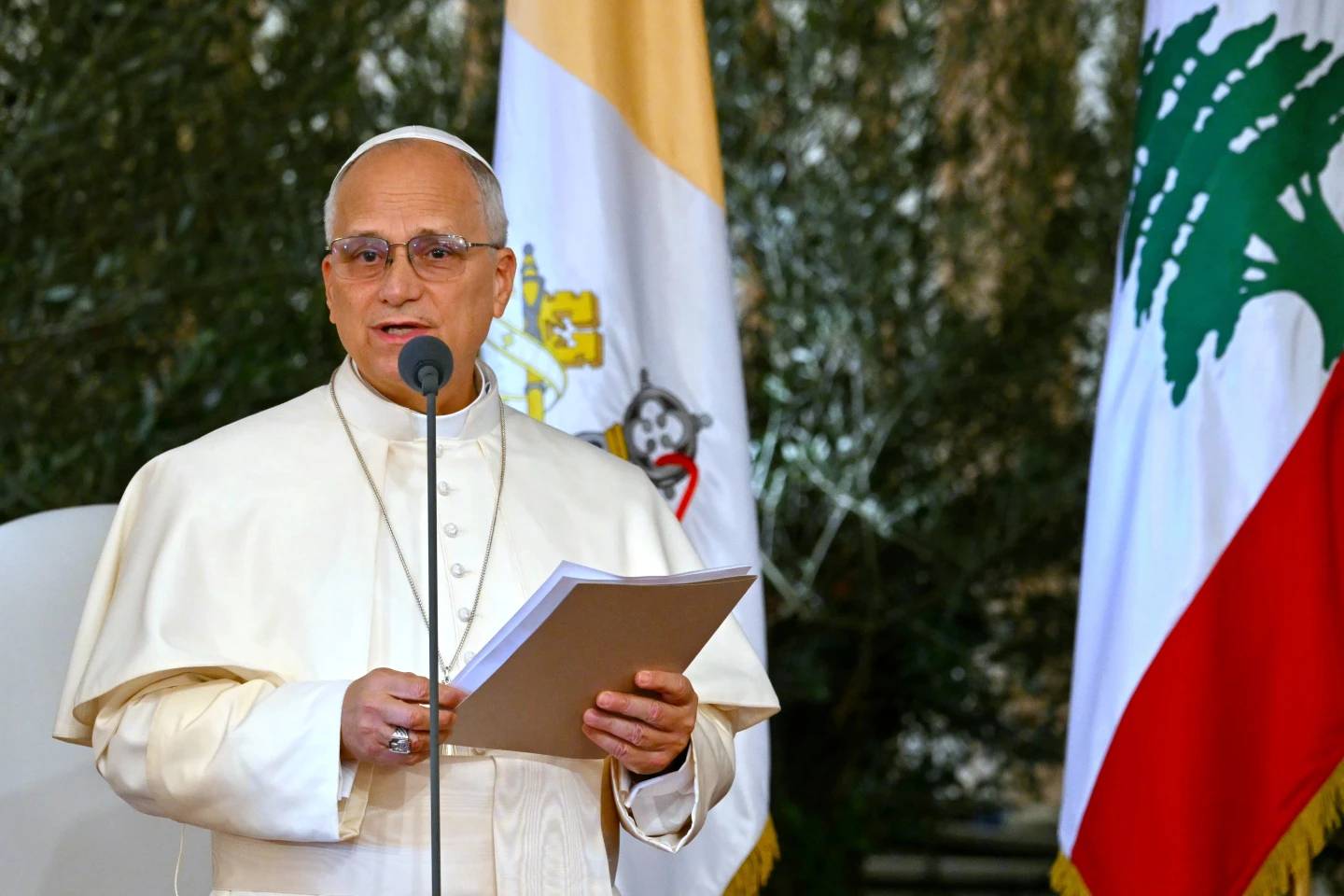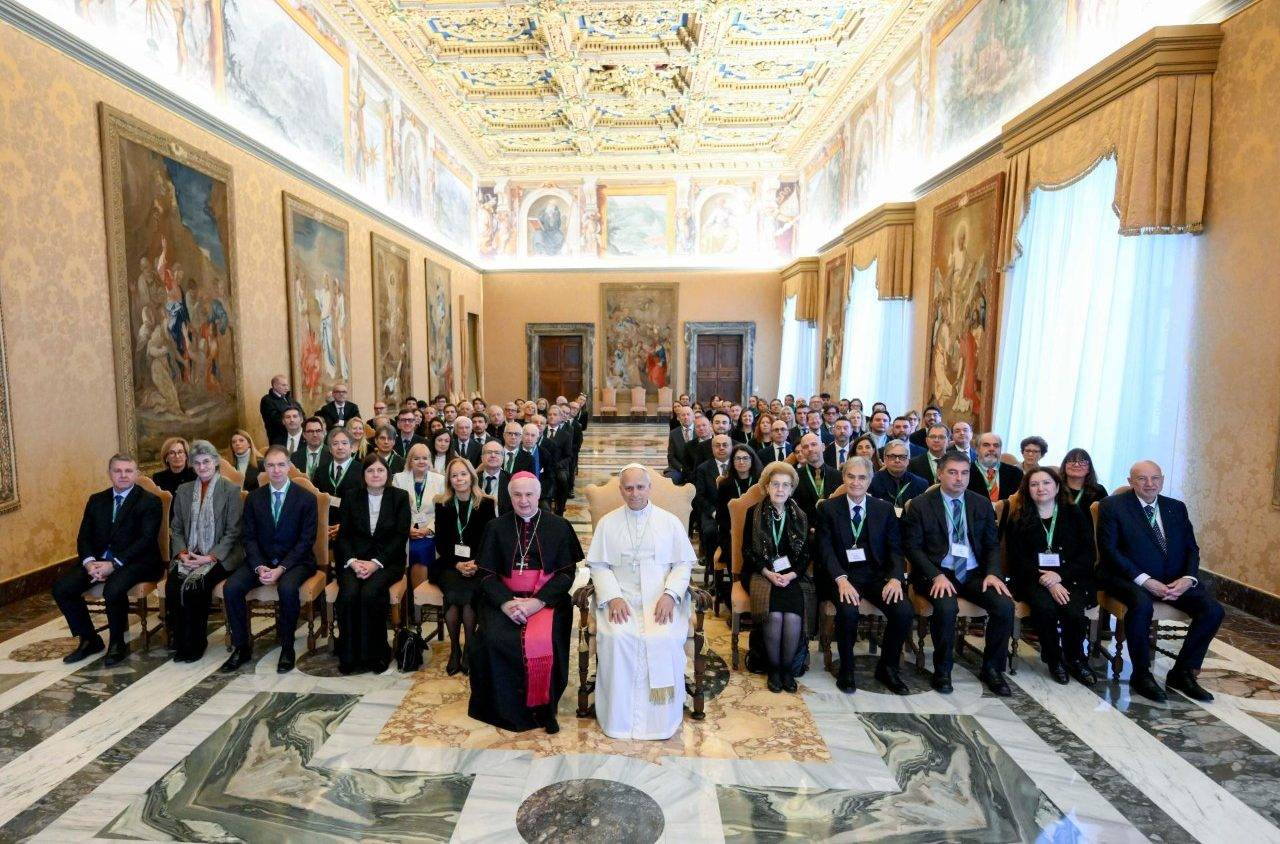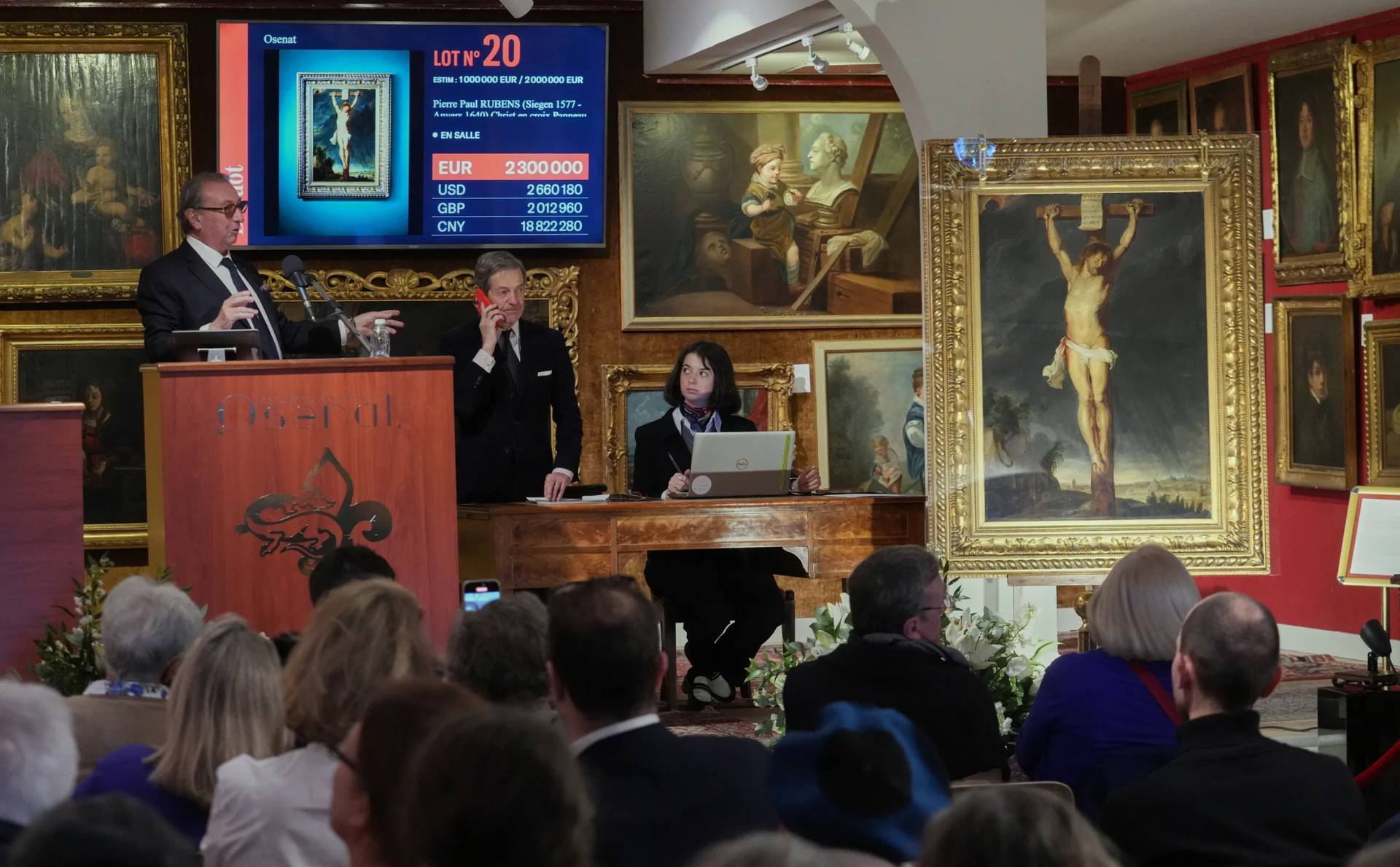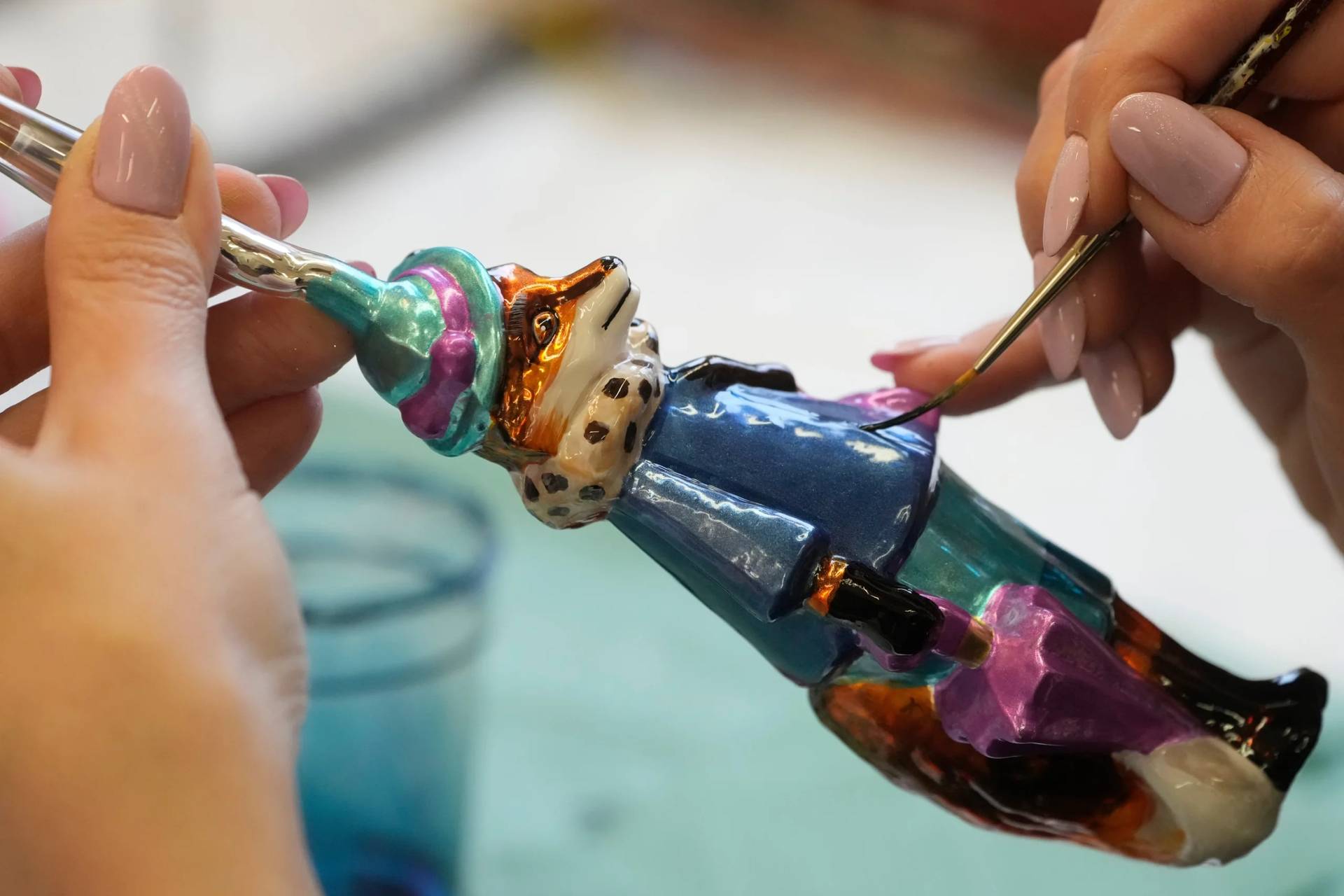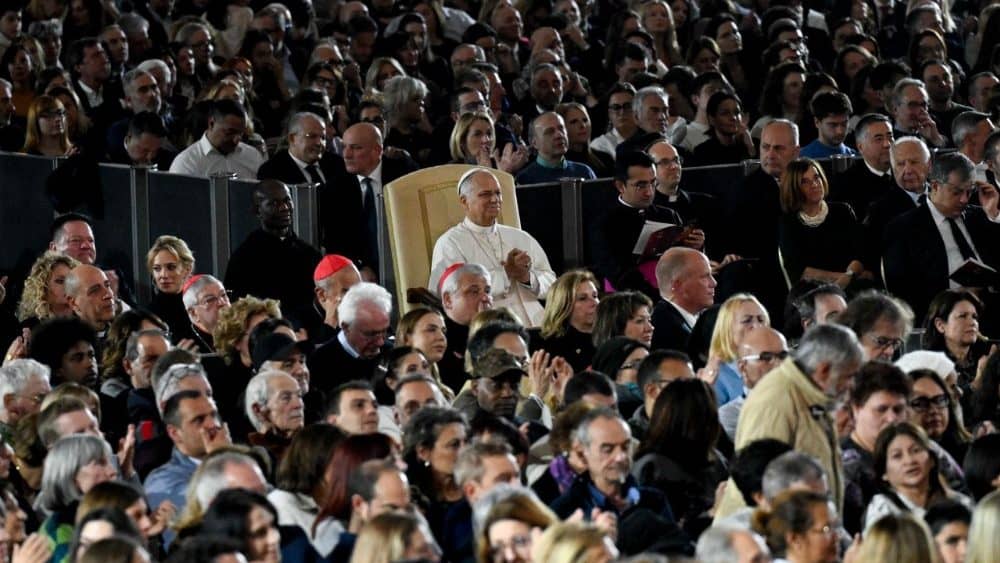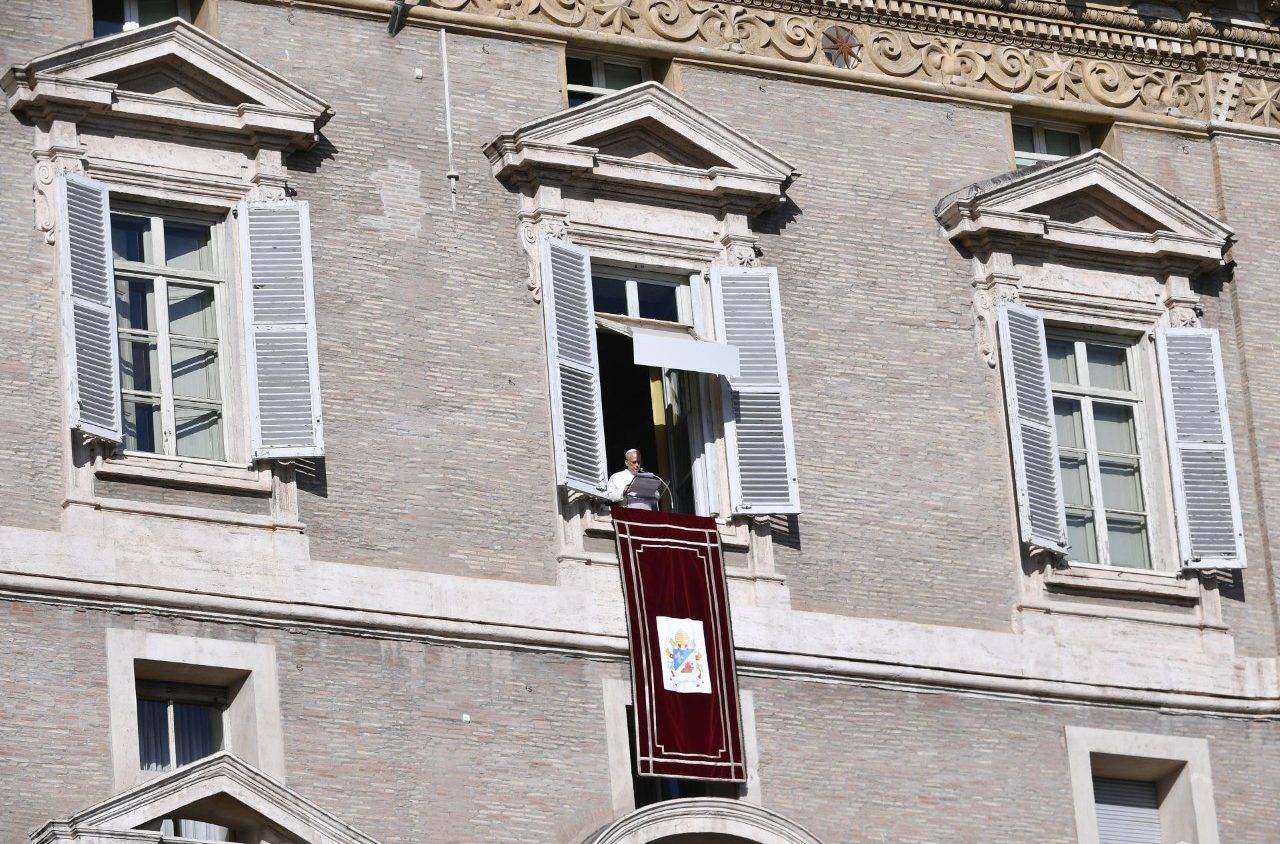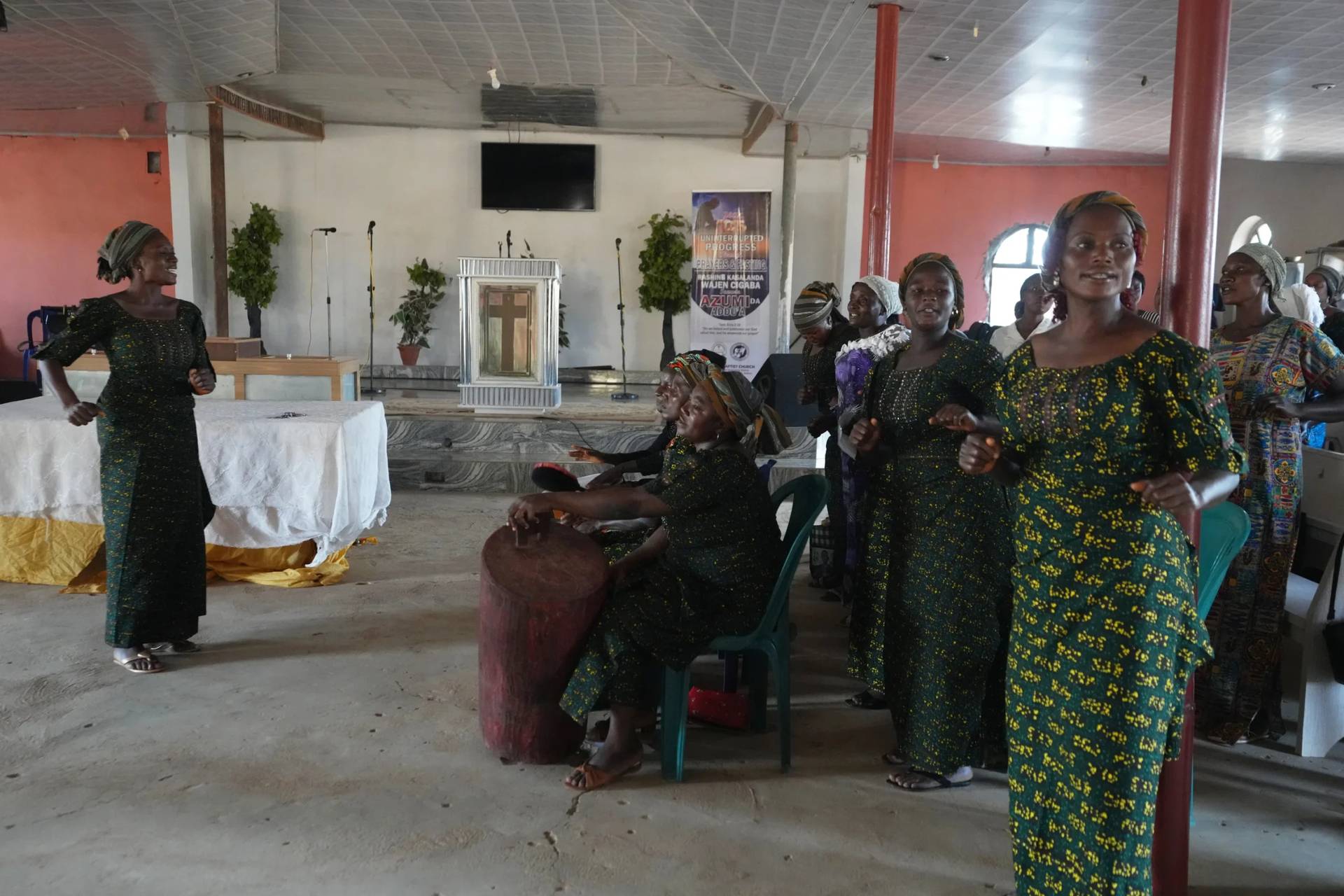LEICESTER, United Kingdom – Seafarers from Ukraine are experiencing increased levels of loneliness and depression amid fears of conscription if they return home, according to Stella Maris, a Catholic charity.
Russia illegally annexed Crimea in 2014 and launched a full-scale invasion of Ukraine in February 2022.
There have been increased aerial attacks by both sides in the past few weeks, and intense fighting continues in the east of the country.
Russia launched a “massive strike” against Ukraine’s energy infrastructure this week, which according to the Ukrainian government involved at least 82 drones and missiles launched from nine Russian strategic bombers.
Ukraine needs more soldiers to fight off the Russian invasion. The BBC recently reported that 650,000 Ukrainian men of fighting age have fled the country in the past two years.
There are reportedly around 77,000 Ukrainian seafarers, who are important for the country’s economy. However, the prolonged conflict means they could face the draft if they visit home.
Gregory Hogan, a regional chaplain for Southampton and Southern ports in England for Stella Maris, says Ukraine’s sea workers are under increasing strain.
“The initial stresses [from the war] have been replaced by something else,” he said.
“At first there was the shock of the invasion for Ukrainians and real worry about whether family and friends could get out of dangerous areas. Now there is dealing with the compounded pressure of more than two years of war. It is a deeply depressing and worrying situation with no end in sight. In addition, there is the very real fear of being conscripted into the army if they return home,” he said.
In December, Ukrainian President Volodymyr Zelenskyy said Ukraine’s military wanted to mobilize up to 500,000 more troops.
Currently, around a million Ukrainians are in the military, with about 300,000 on the front lines.
A new bill was passed by the country’s congress on Thursday will make it easier to identify every draft-eligible man in the country, and comes a week after the draft age for men was lowered from 27 to 25.
RELATED: Major Archbishop says Russia using ‘diabolical tactics’ against Ukraine
Hogan said improved Wi-Fi access can create more anxiety and feelings of helplessness when Ukrainian seafarers access media and war reports from home.
“I met a captain who came in and then started crying,” he said.
“His mother-in-law was in one of the areas being bombed and he hadn’t heard from her, yet he was also having to take charge of his ship. We see that many of the seafarers can be exhausted. They can access so much information online now, more than ever before, and have access to distressing often graphic news reports,” Hogan explained.
“But while they can access the latest news, they feel powerless to do anything about it. The ability to stay in touch can also lead to anxiety. We have seen seafarers deeply distressed because they haven’t heard from their wife or partner or parents in 24 hours. They might worry about this all night and then have to work the next morning in an exhausting role,” he continued.
According to Stella Maris, at the start of the war, many Ukrainians returned home to ensure their families’ safety. However, very few were able to return to sea because they were needed to stay and fight.
For the shipping industry, the number of Ukrainian seafarers has fallen by 19 percent since before the war and those still at sea could face being drafted.
Charles Stuart, another Stella Maris regional port chaplain, said that the need to keep working and being confined to ship for lengthy periods is taking a huge toll.
“We regularly meet seafarers who may not be able to go ashore for many weeks or even months, which is harmful to their mental health and wellbeing, especially if they have signed a contract to work on board for nine months at a time,” he said.
“We must all as an industry the seafarer charities, ship operators and captains try and tackle this pattern. We learned from COVID spending long periods on ships is just not healthy. Shore leave is essential. And having someone independent from the ship to talk to in confidence, like Stella Maris, is equally vital,” Stuart said.
Hogan told the story of a crew member who he sat down with during a lunch.
“I knew he could only have an hour at most,” he recalled.
“I kept asking, should I go, I am imposing. And he said, ‘No, I can eat this in 30 seconds. I am enjoying having someone different to talk to’,” Hogan said.
The chaplains said many ships visiting UK ports are still operating both Russian and Ukrainian crew, with no option but to work as a team.
“A common response is ‘we are seafarers, we conduct ourselves properly. We don’t let world events impact our working relationships,” Stuart said.
“Still it’s not ideal for the mental health of the crew when there is so much tension already about the conflict. And there are rules against talking about the war which can bottle feelings up,” he added.
Hogan said there are no winners as the conflict continues, with Russian crew members facing challenges too.
“The Russian crews can have concerns about the war and fear speaking out,” he said.
“One captain took me aside and on his computer showed me how his pension had been destroyed, and he blamed Putin. He was incredibly angry that the savings on which his parents’ healthcare relied had been wiped out,” Hogan said.
Follow Charles Collins on X: @CharlesinRome







